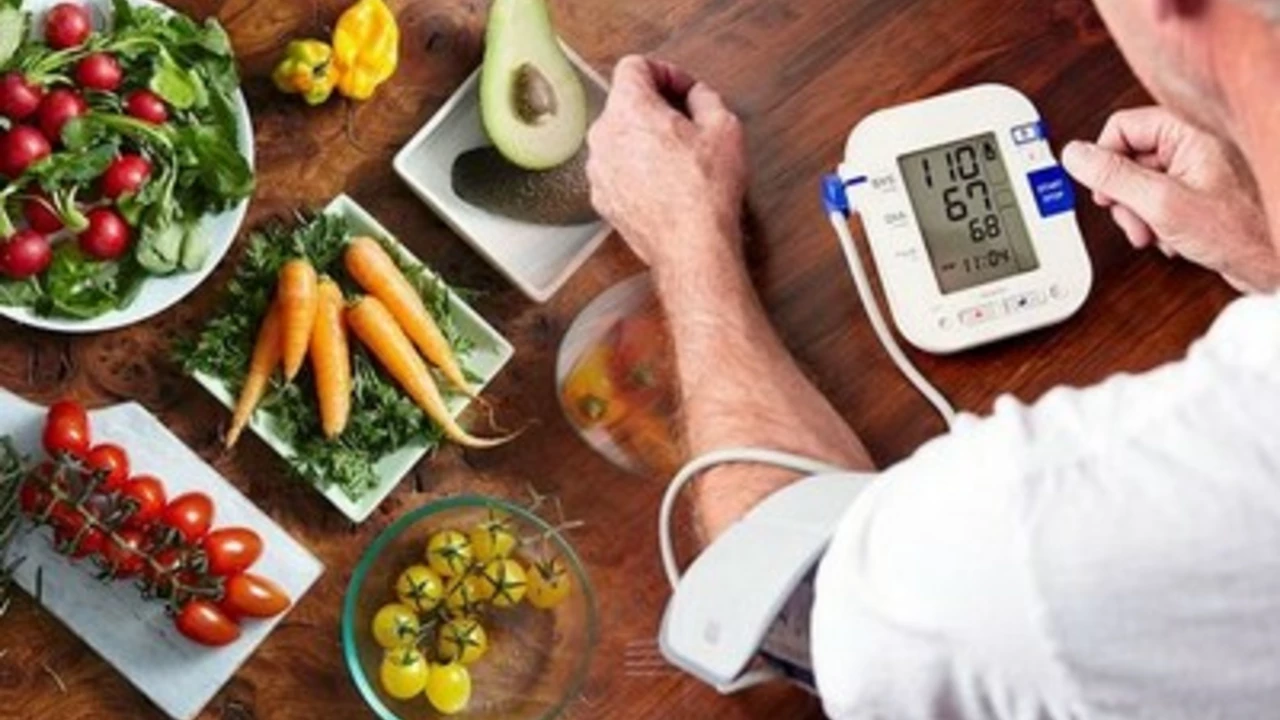Lifestyle changes that help your medication work better
If you take medicine, small lifestyle changes can make a big difference. This page gives clear, practical steps you can use right away: habits to boost drug effectiveness, ways to cut side effects, and simple daily routines that support long-term health. No fluff—just things you can try today.
First, get on a consistent schedule. Take meds at the same time each day. Use alarms or a pillbox with compartments. When doses match your routine—like after brushing your teeth—you're less likely to miss them. Missing doses can reduce benefit or cause withdrawal for some drugs, so regular timing matters.
Food and drink matter. Some drugs need to be taken with food to reduce stomach upset or improve absorption. Others work best on an empty stomach. Alcohol can interfere with many medicines, making them weaker or more dangerous. If a medication warns against grapefruit or high-fat meals, follow that rule—those interactions are real and common.
Move your body. Regular walking, light strength work, or yoga can improve blood flow, mood, and sleep. For blood pressure, diabetes, and depression, routine activity often lowers the needed drug dose. Start small: 10–15 minutes a day and build up. Pick something you enjoy so you keep doing it.
Manage stress and mental health
Stress changes your body chemistry and makes symptoms worse. Simple techniques—deep breathing, short walks, journaling, or a weekly check-in with a friend—can cut stress and make meds more effective. If you have anxiety or OCD, therapy and structured routines often boost medication results. Don’t skip mental health care because it’s as important as physical care.
Check supplements and other drugs
Tell your prescriber about vitamins, herbal remedies, and over-the-counter pills. Supplements like St. John’s wort, certain herbal blends, or even common antacids can change how prescription drugs act. A pharmacist can check for interactions and suggest safer combinations. Keep all medication lists updated and bring them to appointments.
Adjust diet wisely. For cholesterol, blood sugar, or gut health, small changes matter: more vegetables, less processed food, and steady carbohydrate choices. These shifts often improve lab numbers and reduce pill counts. If a weight change affects your dose, your clinician can help adjust medication safely.
Travel and routines require planning. Carry extra meds, store them properly, and know time-zone rules for dosing. For blood thinners or diabetes drugs, get specific travel advice from your provider. Airport security and customs rules may affect how you bring medicine across borders—check requirements ahead of time.
Finally, keep regular check-ins with your healthcare team. Blood tests, blood pressure checks, and honest conversations about side effects help tailor treatment. Lifestyle changes plus the right medication plan make a real difference—small steps add up fast.
Use simple tracking tools. Apps, a notebook, or photos of your pillbox can show patterns and flag missed doses. Share that log with your doctor before visits. When you can see trends—side effects, missed doses, or better labs—you can make smarter choices with your care team.
Now.

The Role of Weight Management in Controlling Hypertension
As a blogger, I've recently researched the significant role weight management plays in controlling hypertension. It's clear that maintaining a healthy weight is essential, as being overweight or obese increases the risk of developing high blood pressure. By adopting a balanced diet and incorporating regular exercise, we can effectively manage our weight and reduce the risk of hypertension. Additionally, losing even a small amount of weight can significantly lower blood pressure levels. It's crucial to prioritize weight management not only for a healthy heart but also for our overall well-being.
